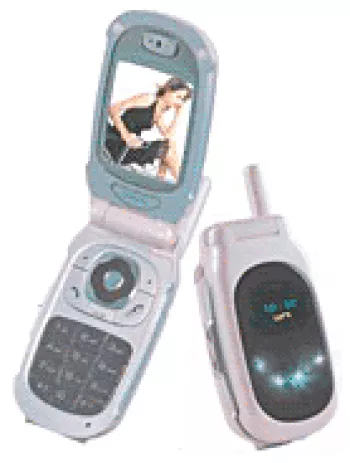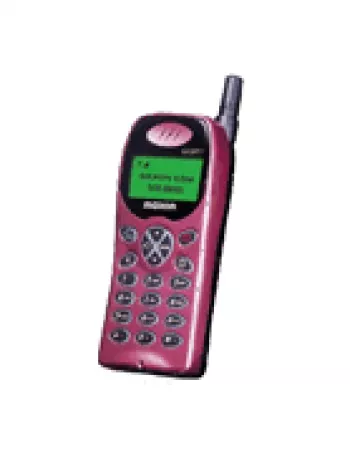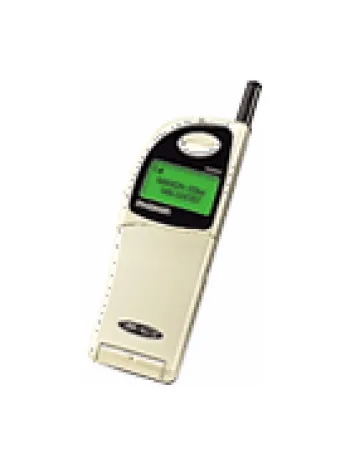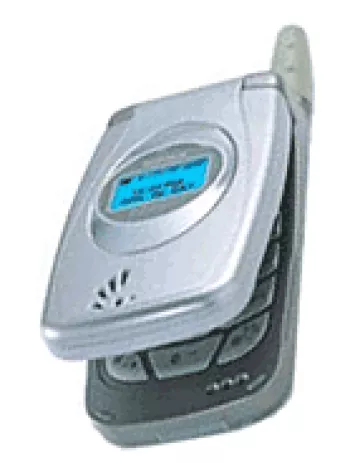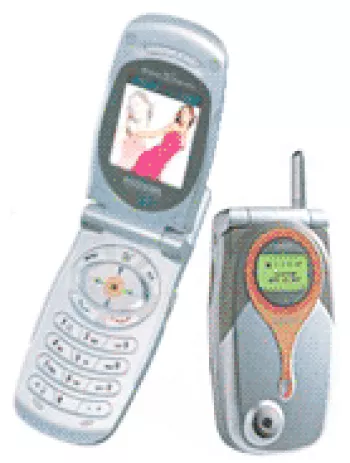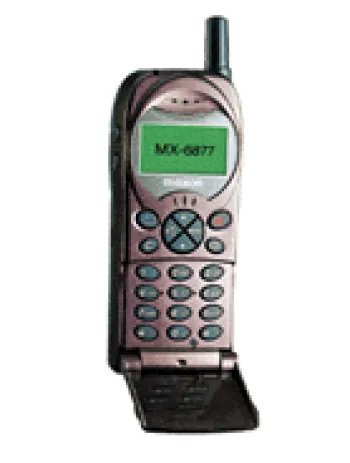
Overview of the Maxon MX-C60
The Maxon MX-C60 is a classic example of early 2000s mobile technology, encapsulating the simplicity and efficiency that was the hallmark of feature phones during this era. Released in 2003, this device offered basic yet essential functionalities that catered to the essential communication needs of users at the time.
Network Technology
The Maxon MX-C60 operates on GSM networks, specifically supporting 2G bands including GSM 900, 1800, and 1900. This provided users with basic voice call and SMS services which were groundbreaking in their connectivity at the time. While lacking support for technologies like EDGE, it did offer GPRS, allowing for basic data services.
Design and Dimensions
In terms of design, the Maxon MX-C60 is compact, with dimensions of 80 x 45 x 22.9 mm and a weight of just 85 grams. Its size and weight contributed to the device's portability, making it easy to carry in a pocket or purse. The device used a Mini-SIM card, which was standard for mobile phones launched during its time.
Display Specifications
The Maxon MX-C60 features a CSTN display capable of displaying 65K colors. It has a resolution of 128 x 128 pixels, formatted to an 8-line display. This was typical for feature phones of its generation, contributing to the device’s ability to show essential information clearly and concisely.
Memory and Storage
When it comes to memory, the Maxon MX-C60 offers a phonebook that can store up to 250 contacts. For call history, it keeps records of the last 20 received, dialed, and missed calls. However, it does not have a card slot for expandable storage, which means users are limited to the built-in storage capacity of the device.
Software and User Interface
Running on a feature phone operating system, the Maxon MX-C60 is designed with simplicity in mind. It is equipped with basic messaging services like SMS and EMS. Additionally, the WAP 1.2.1 browser offers minimal internet connectivity suitable for accessing simple web pages.
Battery Life
One of the key features of the Maxon MX-C60 is its removable Li-Ion 900 mAh battery. It provides a standby time of up to 200 hours and a talk time of up to 3 hours. This was quite reasonable for its time, providing users with sufficient power to stay connected throughout the day.
Sound and Alert Features
The sound system in the Maxon MX-C60 does not include a loudspeaker or a 3.5mm audio jack. It supports vibration and polyphonic ringtones for call alerts, which was fairly standard at the time of its release.
Communication and Connectivity
In terms of communication, the Maxon MX-C60 does not support advanced connectivity options such as Bluetooth, WLAN, or USB interfaces. It’s a straightforward device focused primarily on voice communication and simple messaging services.
Entertainment Options
Entertainment on the Maxon MX-C60 is limited to built-in games, as it does not support Java applications. This lack of advanced gaming capabilities aligns with its role as a basic communication device rather than a multimedia-oriented one.
Conclusion
The Maxon MX-C60 represents a bygone era of mobile phones where simplicity and practicality were prioritized over advanced features. Its straightforward design and functionality made it a reliable communication tool during its time. Despite its limitations compared to modern smartphones, the device holds a nostalgic value, reminding us of the early days of mobile technology when connectivity was just beginning to become mobile and personal.
Key Features of Maxon MX-C60
- Lightweight and Compact: Weighing only 85 g with dimensions of 80 x 45 x 22.9 mm.
- Color Display: CSTN screen supporting 65K colors.
- Basic Communication Capability: Supports GSM technology with 2G bands (GSM 900 / 1800 / 1900).
- Phonebook Capacity: Stores up to 250 contacts.
- SMS and EMS Messaging Capability.
- Pre-installed Games.
- Removable Battery: Li-Ion 900 mAh, providing up to 200 hours of standby time and up to 3 hours of talk time.
- Polyphonic Ringtones and Vibration Alerts.
Disadvantages of Maxon MX-C60
- Lacks support for EDGE technology, limiting data speed.
- Discontinued status means no support or updates.
- No expandable memory card slot available.
- Limited phonebook capacity of only 250 contacts.
- Does not include a camera.
- Unable to use a loudspeaker as it is not available.
- No 3.5mm headphone jack for audio.
- Does not support WLAN or Bluetooth, limiting connectivity options.
- Absent GPS positioning feature.
- No radio functionality.
- Lacks advanced sensors.
- Limited to basic SMS and EMS messaging only.
- Java applications are not supported.

View Also
More Phones
All Rights Reserved +14266 Phones © Mobilawy 2025














